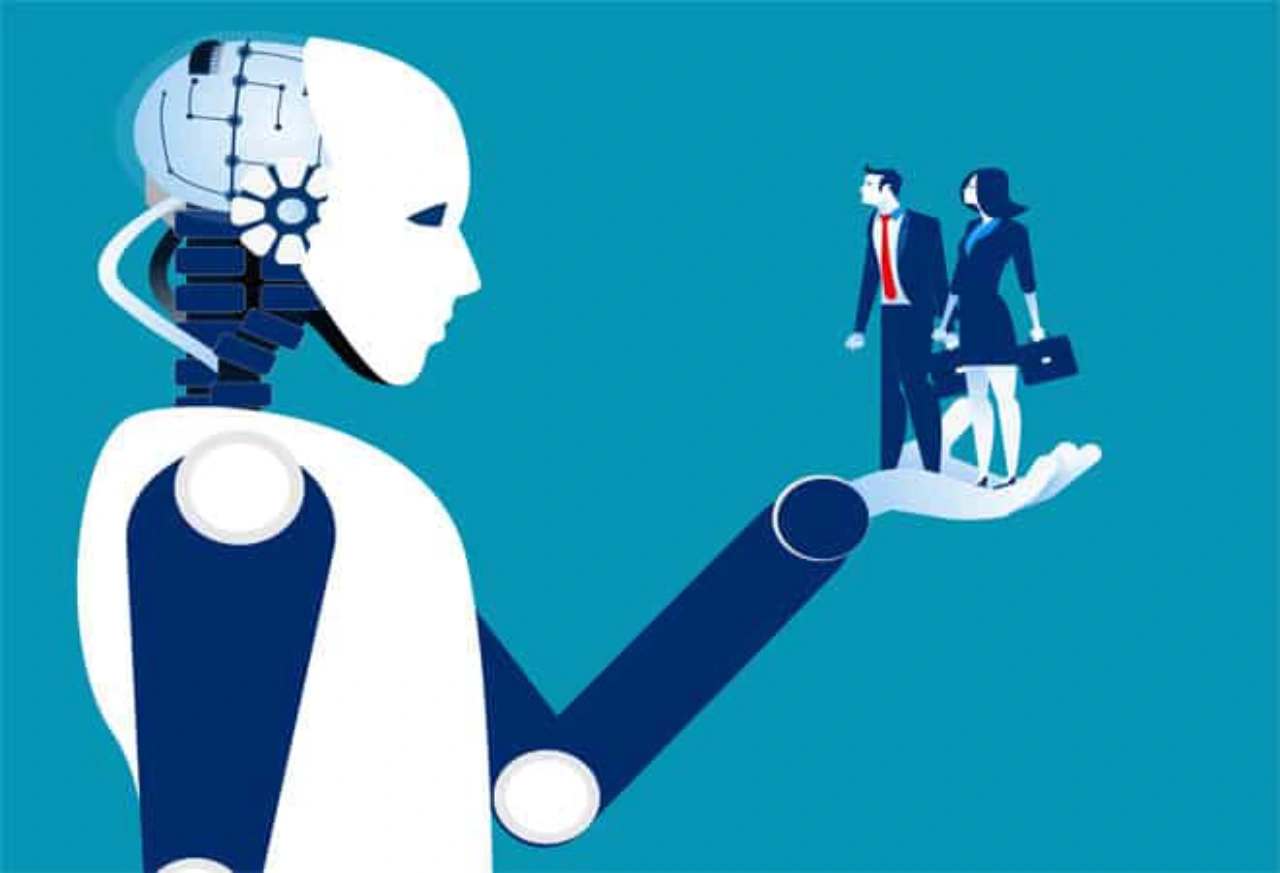I had the privilege to attend the National Future of Work Summit held at the ICC in Sydney on 30th October 2018. We heard from a broad cross-section of speakers from Faethm’s Michael Priddis, Atlassian’s Dom Price, the CEO of MaRS, UTS Vice-Chancellor Atilla Brungs to the Head of Unions and emerging workplace startups including Academy XI, Beam Australia, Transition Hub and Ribit all trying to solve the problem of how Australia will deal with the Future of Work.
Here are my 10 takeaways.
1. The Future of Work is now. We are already in transition with many roles being ‘augmented’ by technology and people being ‘transitioned out’ or in other words being made redundant…NABs recent cuts of 6000 employees is just one example. By 2028, 3.8million jobs in Australia will have undergone augmentation.
2. Canada is surpassing the US in the creation and development of a successful entrepreneurial start-up ecosystem. MaRS in Toronto is one of the world’s largest urban innovation hubs with the purpose to help innovators change the world.

3. People development and internal culture are more important than ever before. As we move toward the integration of AI, automation and robotics into our workplaces we need to work even harder to retrain our people and enable them to transition to a different type of role. It also helps keep the ‘human’ element of work alive!
4. Lifelong learning is no longer a ‘nice to have’…it’s a necessity. With kids today likely to have 7-8 career transitions in their lifetime, ongoing learning will be essential to ensure they can transition to different careers and roles within organisations. Vocation-led, bite size adult education will be highly desirable.
5. Fractional work among professions will become a sustainable practice alongside the gig economy. Coined by Beam Australia, the fractional economy allows professionals to have more flexibility in where they work and for how long. They may choose to work for a few hours or a few months. Organisations can pull together a multi-disciplined team of highly skilled fractional workers to complete a project that minimises headcount loading.
6. It is imperative for large organisations to speed up their move toward agile. To compete with the new economy the Telstra’s and Optus hierarchical institutions based on an industrial/machine paradigm is fast becoming obsolete.
7. Robots will take your job…but only if you let them. According to Dom Price from Atlassianin order to protect yourself from the future, you need to create a different one through retraining and upskilling. Organisations need to develop values that are meaningful to their employees so they can attract and keep their marquee talent.

8. Technology creates new jobs, not just replaces them. Before Airtasker the job of ‘professional spider remover’did not exist. Uber created amateur professional drivers and AirBnB created millions of BnB owners.
9. STEM needs to be embedded into the future school curriculum. Vietnam’s 2ndlanguageis now coding! What is NZ and Australia doing to ensure we are prepared to operate in the global economy of the future.

10.Women need to continue getting involved and taking risks. Operating in this new economy that requires thinking on your feet, making lots of quick decisions, being people focused should play to our strengths. Yet female-led start-ups and female business leaders and board members continue to fall behind. There are more Johns, Peters, and now Andrews than there are women leading the ASX Top 200.
Written by Nichola Quail, Founder and CEO of Insight Exchange (launching beta soon). Our goal is to make customer insights accessible to progressive brands and marketers looking to drive real change in their business.


